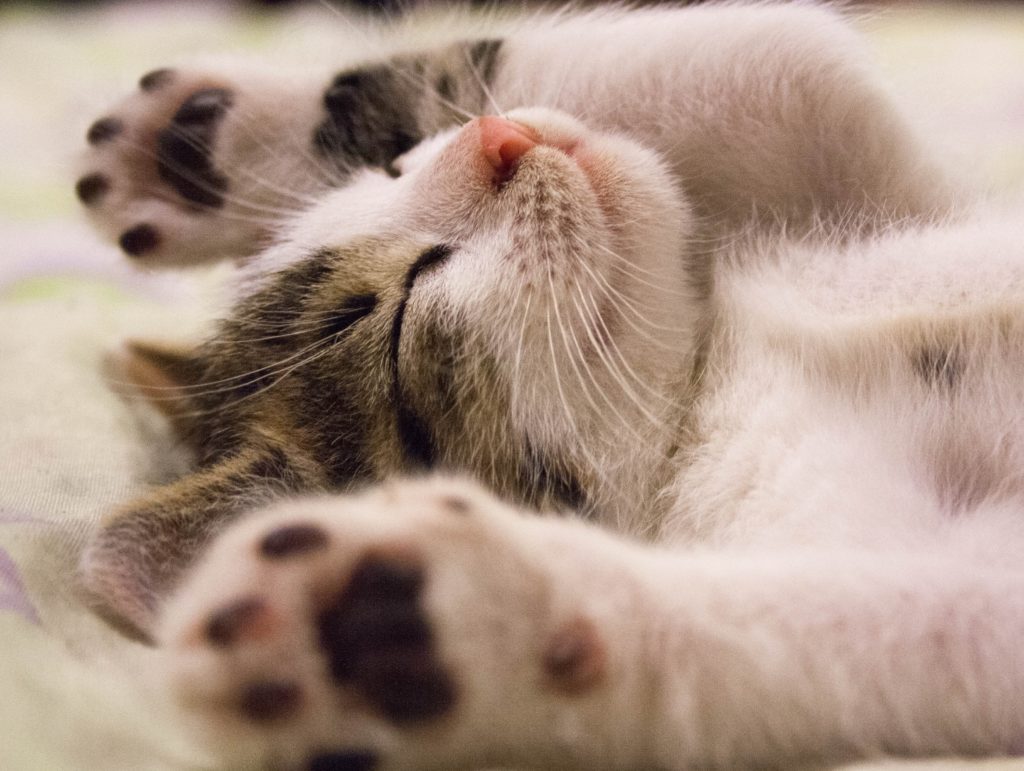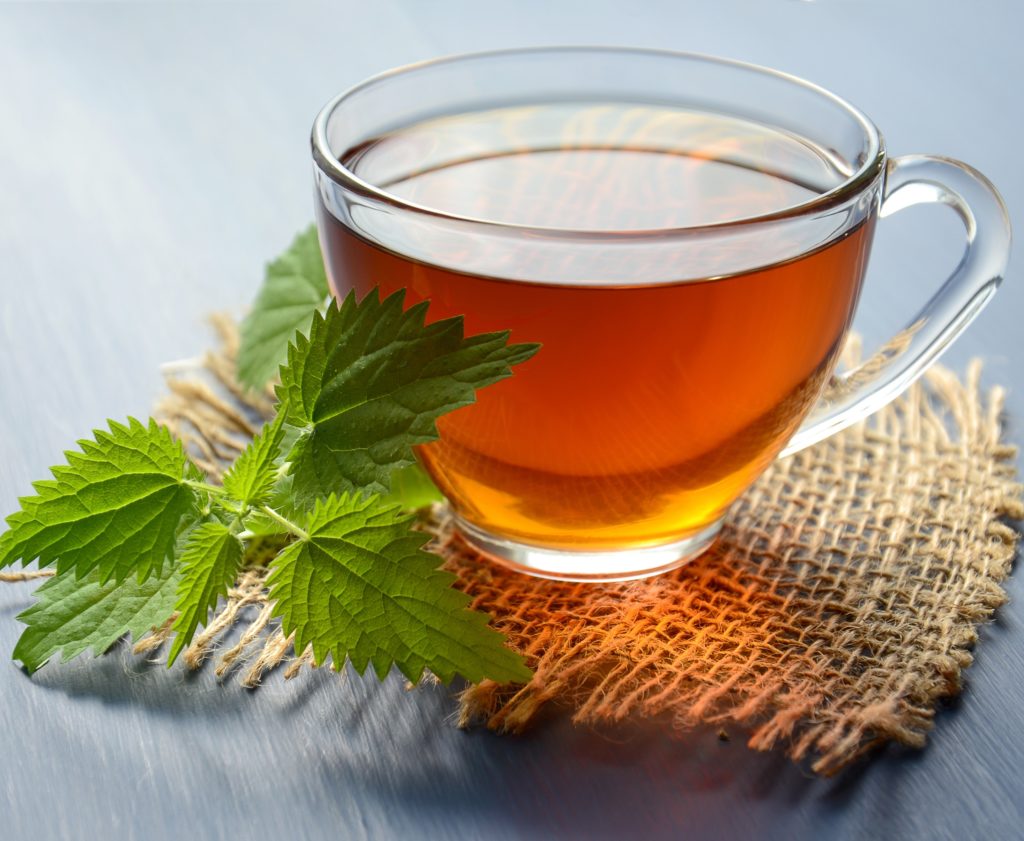
Welcome back to our Wellness expert and Viva 70 contributor, Julia Richards. Julia is a medical herbalist in her practice in Yorkshire and patients often ask her for ways of improving their sleep. As we age, our sleeping patterns change and this month she provides some specific, practical advice about how to improve the quality of our sleep. It’s always a joy to read Julia’s articles because they provide clear, detailed advice. Check it out…
Good quality sleep. Many of us want it and all of us need it. When we’re younger, we often don’t prioritise it as children, work and socialising can take over. As we get older we’re usually able to make the time for it but can find it difficult to sleep well. You might find it hard to fall asleep, or wake up during the night. Either way, you end up not feeling refreshed when morning arrives. The latest scientific research indicates that to age well we must sleep well. Getting good sleep is both an art and a science. The science is using various tools, techniques and therapies such as herbal medicine; homeopathy; flower essences; breathing; relaxation; and other practical tips to facilitate sleep. The art is choosing the right combination of things to work for you as an individual.

Quantity or quality?
What is good sleep? Interestingly, the largest sleep study ever conducted with 1.1 million people showed that it’s quality not quantity. Researchers found that those who slept six and a half hours per night lived longer than those who slept eight hours. However, it could be that the healthiest people have better quality sleep therefore needing less. The conclusion is that six and half hours is a minimum must.
Determine your sleep disruptors
Getting better quality sleep means reducing or eliminating sleep disruptors. Consider what your disruptors might be:
Disruptors of your circadian (day / night) rhythm – this includes: junk light (light with less infra red and violet light); different bedtimes / wake times; travel to a different time zone; and shift work.
Lack of sunlight during the day – exposure to sun light before noon aids sleep in the evening.
Tension, worries, anxiety
Uncomfortable sleep environment and / or sleep position
Use of caffeine, alcohol or other drugs during the day and before bed
Late night exercise – it raises your body temperature, speeds up your heart rate, and stimulates your nervous system thereby reducing good quality sleep.
Eliminate or reduce your sleep disruptors to improve your sleep quality
Reduce junk light
This includes blue light (from smartphones, laptops, tablets); street lights; and LED and compact fluorescent light bulbs as these don’t have as much of the infrared red, violet and red light that sunlight has. They affect the brain’s production of melatonin (a hormone released by the pineal gland in the brain that tells your body it’s time to sleep). Melatonin is released as it gets dark and takes approximately two hours to signal sleep time. So:
- try to avoid screens two hours before sleep
- wear blue light blocking glasses such as those from BluBlox in the evening and / or increase the warm light setting on your devices if you must be on them. Also, switch to Night Shift mode on your Apple devices or install light filter apps such as lux or Iris which adjust the display’s colour temperature depending on the time of day
- unplug unnecessary electronics in your bedroom
- use black out blinds and /or a sleep mask. Dark equals better sleep
- use red or pink bulbs in your bedroom and in the lamps you sit by before bed as red wavelengths are conducive to sleep
Sleep in the best position and environment
Create a clean, tidy and calm sleeping space that is around 19-20 degrees Celsius. Using a weighted blanket as well as starting off in the correct sleep position will ensure good sleep.
Which sleeping positions work best for quality sleep?
Left side sleeping
When sleeping on your side raise the head of your bed slightly to help your brain clear out metabolic waste. Left side sleeping avoids heartburn and assists with digestion. Put a pillow at the height where your neck is in straight alignment with your spine. A rolled up towel in your pillow case to fit the curve of your neck is a good idea.
Put a pillow between your thighs to keep your top hip from collapsing in on your bottom hip and causing hip and lower back tension.
Sleeping on your back
This aligns your neck and spine and distributes the weight evenly on both sides of the body.Avoid back and hip tightness by putting a pillow under your knees, keeping legs uncrossed and toes pointing upwards.
Sleeping on your stomach
is not recommended. This positions negatively impacts alignment and breathing.

Incorporate foods that promote sleep into your evening meal
|
Have a cup of herbal tea
A cup of Herbal tea one to two hours before bed can facilitate good sleep and the habitual ritual of making tea can signal sleep time to your brain.
Sleep onset – Valerian, Passionflower, Withania, Lime blossom, Zizyphus
Sleep maintenance – Valerian, St John’s wort, Skullcap
Anxiety – Lemon Balm, Chamomile, Skullcap
Pain and low blood sugar – consult a qualified herbalist to pinpoint your exact needs
Always check with a qualified health professional for contraindications to your current health and medications.
Consider Homeopathy
Homeopathy treats the person rather than the symptoms. It can help support you in finding your body’s own peace and equilibrium. Find a qualified Homoeopathist by searching for the Homeopathy society in your country.
Use Flower essences
These support emotional rebalancing and provide a catalyst for changes in sleeping habits. You can choose them yourself from descriptions of the benefits they bring or you can consult a Flower Essence Practitioner. They can be sprayed into your sleeping space, clearing it ready for sleep, or can be taken internally to work during the night. My clinic uses Yorkshire Flower Essences or you may like to look at Australian Bush Flower Essences or Bach Flowers
Listen to a guided meditation
This helps you to let go of worries and relaxes your body before bed. Regular practice has been shown to improve sleep quality. Look in the App store for Calm or Headspace. Or try Arianna Huffington’s sleep meditation sound track.
Prioritise sleep to age well
Implementing one or more of the solutions above will help your body be:
Restored daily
During sleep your brain cells shrink by about 60% allowing removal of the metabolic waste accumulated in the day through neurological activity. This restores your brain helping you wake up refreshed. Lack of good sleep leads to over accumulation linked to neurological disorders such as Alzheimer’s.
Metabolically healthy
Studies have shown that less than five and half hours of sleep per night causes most of the energy you burn to come from carbohydrates and protein therefore less from fat. This, along with an increase in the release of the hormone Cortisol, can lead to fat gain and muscle loss. Insulin insensitivity and metabolic syndrome may also occur, increasing your risk of diabetes and heart disease.
Strong through muscle recovery
Poor sleep causes testosterone and growth hormone levels to drop, decreasing protein synthesis thus muscle building. If you exercise regularly, you need sufficient protein synthesis so aim for seven and eight hours of high quality sleep per night.
Have good memory consolidation
Insufficient or fragmented sleep reduces your ability to form concrete memories (facts and figures) and emotional memories.
Useful resources
Arianna Huffington sleep resources
Sleep well!

Julia Richards is a qualified Medical Herbalist and Director of Enhance One Limited, a consultancy passionate about helping individuals, groups, families, communities and organisations be the best they can be physically, mentally and emotionally. To achieve this, Julia uses a holistic approach to help you enhance yourself by drawing on her experience and studies in personal development, life coaching, aromatherapy, nutrition, herbal medicine and other wellbeing techniques. Julia helps you design a wellbeing plan that is unique to you and works in a complementary way with your doctor or any other therapist you are seeing to help you make improvements in your health. Julia offers individual consultations and group workshops. She can be contacted via the website. Julia lives in Yorkshire, UK.

Very interesting definitely some suggested that I will try
Thanks Lesley..Julia always writes beautifully detailed articles with lots of suggestions.